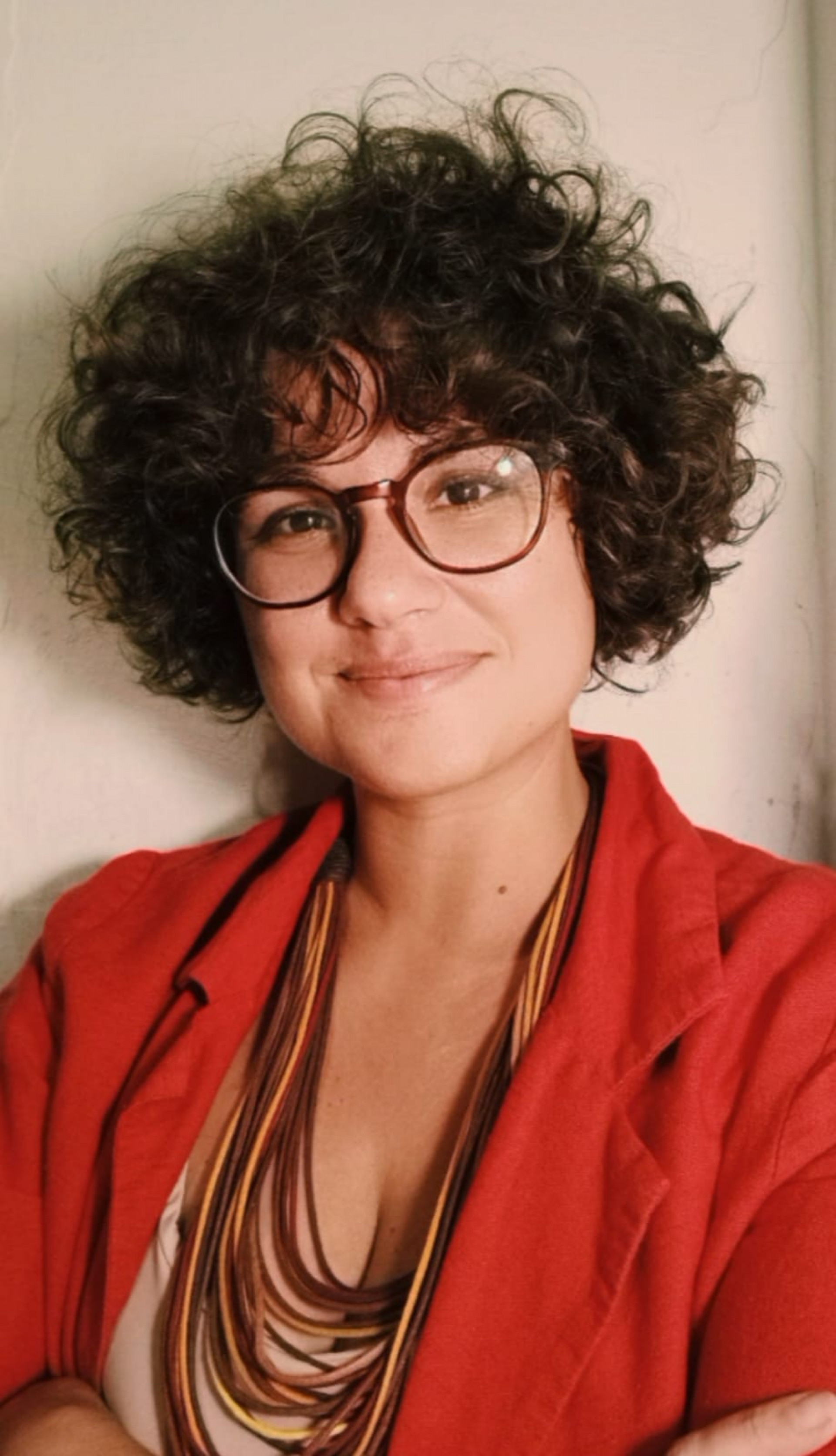
A survey carried out by the Alziras Institute shows that, even though women make up a total of 51% of the Brazilian population, they govern only 12% of the country’s municipalities and when we take a racial breakdown, this number drops even further. Only 4% of municipalities are governed by black women, revealing a racial gap between men, white women and black women.
The Alziras Institute heard 42% of the mayors in office, including those elected or who took office after the death or removal of the incumbent, and another interesting fact in the research is in relation to the positions held by these women who are in power: 70% of them have already held other positions of trust such as Secretaries in portfolios such as Education, Health and Social Assistance, pointing out that this can be an interesting path for political construction of new leaders. But we realized that the vast majority of secretaries occupied by these women were focused on “taking care” of other people.
There are many nuances that make women’s lives in politics difficult and one of them is gender-based political violence, when 58% of those interviewed reported having already suffered some form of harassment or political violence because they are women. However, only 50% of respondents stated that they had already filed a police report due to the violence suffered. Of those who did not register, 40% do not believe in the effectiveness of investigating these complaints, demonstrating the lack of credibility of the competent institutions in investigating cases of gender-based political violence and in forwarding them to justice.
One fact that draws attention and reveals the sexist nature of Brazilian politics is that, of the 32 political parties represented in the National Congress, only two of them are chaired by women (PT and MDB). Furthermore, 46.2% of party members are women, but only 18.2% of the total number of candidates elected are female, showing how we are still underrepresented within parties. This point is fundamental for the key turnaround in female representation, since we do not have competitive female candidacies, without political training and money being invested in these campaigns, we will not have representation in municipal assemblies.
Another fact raised by the research is the difficulties imposed on women in politics. 47% of them reported a lack of campaign resources; 34% stated that there is a lack of merit in their work or their speeches; 26% suffered some type of harassment and violence in political spaces; 13% believe there is a lack of space in the media compared to male politicians; another 13% credited the lack of support from the party and/or allied base as one of the difficulties; and 12% of them indicated an overload of domestic work, making participation in politics difficult. These data show how necessary it is that these women who offer to run for and occupy political positions need support: from the party, from activists, from their families and fellow party members.
The increase in communication via social networks or messaging applications has caused violence against women to increase exponentially. 74% of those interviewed stated that, during the 2020 election campaign, they suffered from the dissemination of false information about them, called fake news. Furthermore, 66% of them also suffered from insults and hate speech on social media.
All this data reflects a structural underrepresentation in politics that has not been resolved with affirmative action programs, such as quotas, nor with recent measures to guarantee funding for female candidates. We know that there are still many “orange” candidates, who are not at all competitive and who are on the street just to meet the quota.
Therefore, in order to achieve greater equity in spaces of power, starting from the next election, the equation is not simple. The electoral justice system needs to monitor the parties. Parties need to make space and invest in female leaders to build competitive campaigns. And our part, as voters, is undoubtedly to participate more politically, support candidacies and vote for women.
And you, do you already have your eye on who will compete? Have you prepared to support women in your city to get elected?
* Luka Borges, with a degree in Administration with an emphasis on Marketing and a master’s degree in Communication and Technology, is a specialist in Digital Mobilization and Community Building
